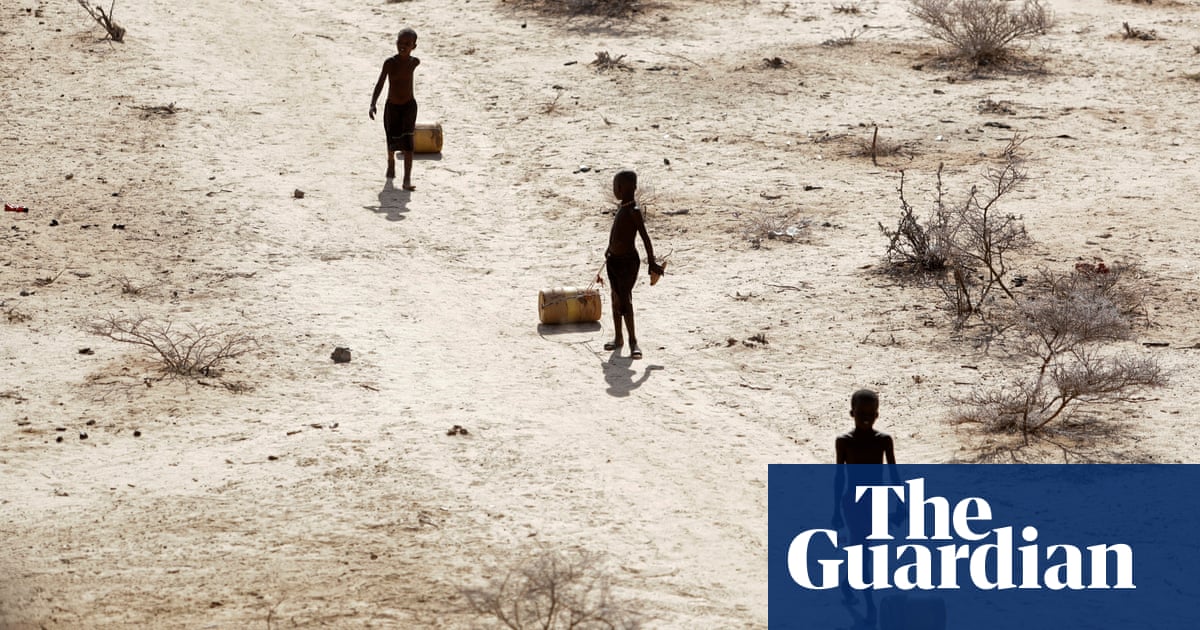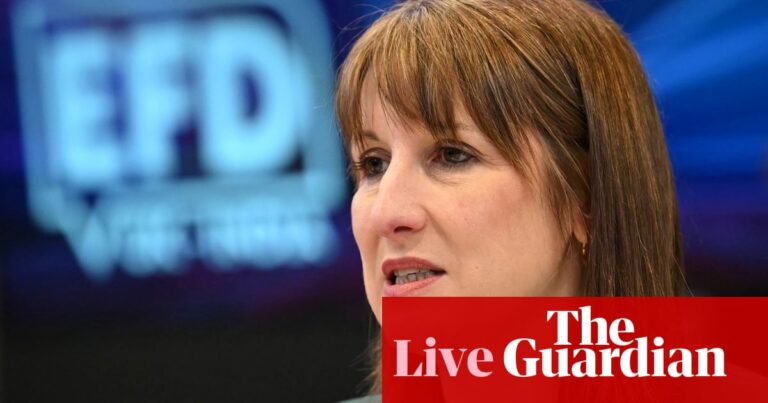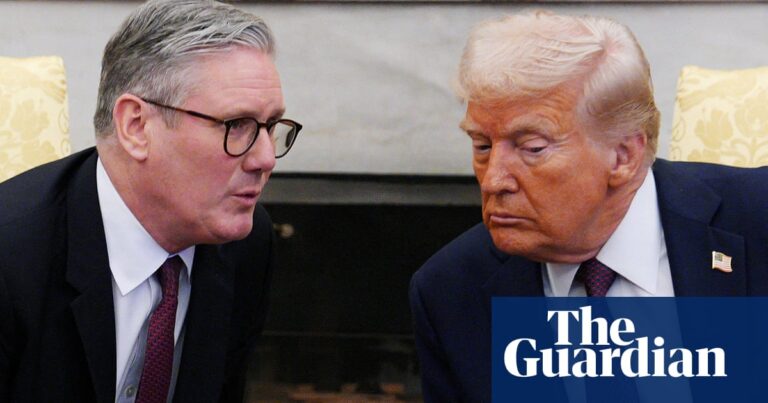
A group advocating for action against the climate emergency has cautioned that a debt crisis is hindering progress. The poorest countries are paying over 12 times more to their creditors than they are investing in solutions to address the effects of global warming.
At the commencement of the Cop28 conference in the United Arab Emirates, Development Finance International (DFI) stated that a fresh round of thorough and extensive debt forgiveness is necessary in order to allocate necessary funds towards addressing the climate crisis.
According to research conducted by DFI, the average budget allocation for debt service payments in 42 countries was 32.7% in 2023. In comparison, addressing the climate crisis only accounted for 2.5% of the budget.
According to the report, Indonesia, the fourth largest country by population, intends to allocate only 0.12% of its budget towards addressing the impact of climate change in 2024, while a significant portion of its budget (29%) is expected to go towards paying off creditors. The majority of countries included in the study anticipate spending less than 2% of their budgets on climate adaptation, with many investing less than 1%.
DFI’s executive director, Matthew Martin, stated that there is a need for a significant debt cancellation program similar to the ones implemented in the late 1990s and early 2000s. Debt service levels were at an average of 38% for 139 countries in the developing world, with low-income countries facing a higher average of 57.5%.
Martin stated that in order for the international community to effectively address the climate crisis, they must prioritize providing comprehensive debt relief to a variety of countries.
“If we reduce the amount of money that countries need to allocate for debt repayment to 15% of their overall revenues, similar to the heavily indebted poor country initiative, we will have sufficient funds to directly address the challenges posed by the climate crisis.”
According to the report from DFI, a group advocating for debt relief, debt is currently a major obstacle in countries’ efforts to increase investments in addressing global warming.
The challenge of repaying debts may worsen the issue of climate change, as nations are compelled to increase exports in order to acquire the necessary foreign currency to cover the expensive debt payments. In many cases, this has resulted in the continuation of profitable but harmful practices such as fossil fuel extraction, and even the expansion of such projects. This could potentially hinder their progress towards transitioning to cleaner energy sources.
Attempts to reduce debt burdens are being conducted on a country-by-country basis under the Common Framework, a mechanism established by the G20 group of leading developed and developing countries at the start of the global pandemic in 2020. Only a handful of countries have so far received any debt relief, and DFI said that, even then, the Common Framework had failed to free up room for spending on climate adaptation.
A group of over 550 professionals in the fields of economics, development, and climate, as well as activists and non-governmental organizations, have joined together to advocate for debt forgiveness at the Cop28 summit. This includes prominent figures such as economists Thomas Picketty and Jason Hickel, philosopher Olúfẹ́mi Táíwò, and climate activist Vanessa Nakate.
The statement demands that the debts of lower-income countries who are most affected by the climate crisis be eliminated, and for wealthy nations to greatly boost their provision of climate-related funding without repayment obligations.
Source: theguardian.com














